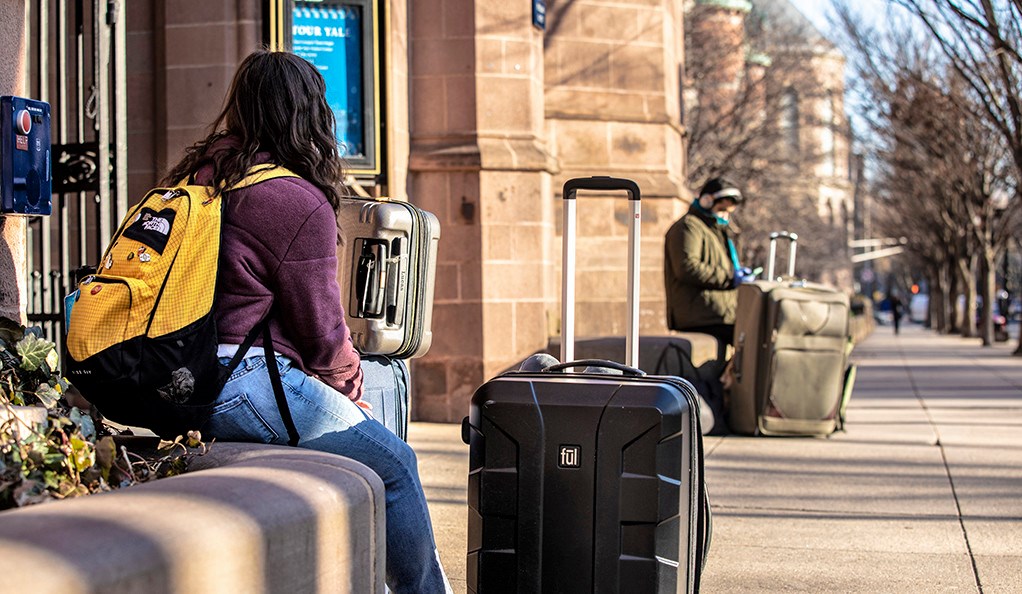
1/ Q: I’m feeling anxious… & bored at the same time. Is this normal? Is there a solution?
A: Welcome to the paradoxical feeling of acedia – an old word used to describe that very now feeling of apathetic restlessness. Good news: There are evidence-based ways to fight back.
A: Welcome to the paradoxical feeling of acedia – an old word used to describe that very now feeling of apathetic restlessness. Good news: There are evidence-based ways to fight back.
2/ Background:
Early Christian monks called acedia the “noonday demon” – the tough feelings you feel where you are alone, feeling listless & wonder why the day is dragging on forever. bit.ly/2Hq167u
Early Christian monks called acedia the “noonday demon” – the tough feelings you feel where you are alone, feeling listless & wonder why the day is dragging on forever. bit.ly/2Hq167u
3/ Modern author & poet Kathleen Norris (@knorriseyt) describes acedia as a feeling of restlessness, seeing the future as overwhelming & seeing the work ahead as never-ending.
Do you miss hanging out with people, yet cringe at the prospect of yet another Zoom happy hour?
Do you miss hanging out with people, yet cringe at the prospect of yet another Zoom happy hour?
4/ Acedia is a likely culprit – as its paradoxes emerge from the rocky soil of social isolation. Cloistered monks were alone, & so are we (at least more often than we are used to).
5/ Acedia can manifest by not caring about your appearance (hi, sweatpants), your relationships (hi, hrs on your📱instead of connecting with your partner IRL) or your work (hi, checking Insta while on meetings) & while it’s linked to depression, it’s more about lack of purpose.
6/ So: What to do?
1️⃣ Name it.
Research finds that when we recognize an emotion, it is easier to regulate. Having an agreed-upon name for a feeling also helps us because we are able to talk about it, reduce the stigma and get support.n.pr/34f9eke
1️⃣ Name it.
Research finds that when we recognize an emotion, it is easier to regulate. Having an agreed-upon name for a feeling also helps us because we are able to talk about it, reduce the stigma and get support.n.pr/34f9eke
7/
2️⃣ Accept it.
Acedia is a normal feeling right now. This pandemic has been dragging on, & it seems like there’s a lot more tough stuff to come. You’re not lazy, you are human.
2️⃣ Accept it.
Acedia is a normal feeling right now. This pandemic has been dragging on, & it seems like there’s a lot more tough stuff to come. You’re not lazy, you are human.
8/ Nerdy Girls Aparna & Lindsey had a chance to discuss this very topic with social worker & Project Village founder Lauren Ross last week during a wellness Q&A. bit.ly/3m6SOjX
The three of us all stressed the importance of *community* & knowing that YOU ARE NOT ALONE.
The three of us all stressed the importance of *community* & knowing that YOU ARE NOT ALONE.
9/
3️⃣ Integrate it.
Feeling purposeless isn’t an awesome feeling, but it can be a wake-up call to check in with yourself about what really matters.
3️⃣ Integrate it.
Feeling purposeless isn’t an awesome feeling, but it can be a wake-up call to check in with yourself about what really matters.
10/ Try creating what @UWMadison lifestyle expert Dr. @christinewhelan calls a “Pandemic Purpose Statement” to help you structure your day so that you use your gifts, in keeping with your values, to make a positive impact on the lives of others. bit.ly/3dLnUe1
11/ Yes, there are going to be fears & anxieties that get in the way of actually following through on the meaningful goals you set for yourself, but this exercise has helped thousands of people focus on the good stuff. Oh, & those goals don’t have to be huge.
• • •
Missing some Tweet in this thread? You can try to
force a refresh




